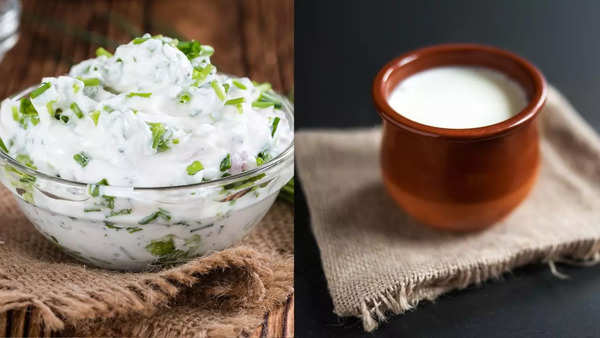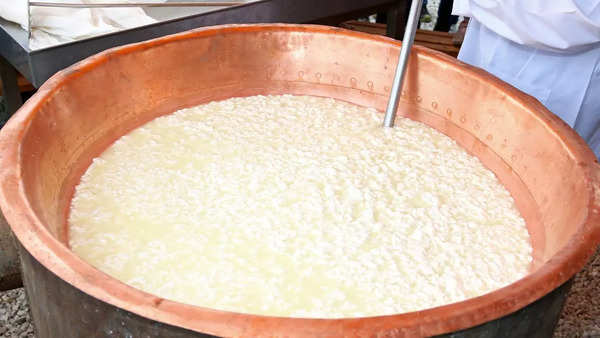Nutrients in curd
Curd is an excellent source of probiotics, which are beneficial bacteria that promote gut health and boost digestion.Packed with the goodness of milk fats, calcium, curd is essential for bone health and protein, which plays a vital role in muscle repair and growth. Moreover, curd contains vitamins such as B12, essential for energy metabolism, and riboflavin, which supports cellular function. Here are a few factors that will help you decide the right time to consume curd.

What happens when you consume curd in the morning?
According to health experts and nutritionists, starting your day with a bowl of fresh curd can kickstart your metabolism and provide a burst of energy. The probiotics in curd can help regulate digestion and improve gut health by setting a positive tone for the day ahead. Pairing curd with fruits or whole-grain cereals adds a nutritious boost to your breakfast and keeps you satiated throughout the day.
Curd as midmeal
Interestingly, experts suggest that indulging in curd as a mid meal can help in both satiating sudden hunger pangs and replenishing the essential nutrients lost throughout the day. This is because as the day progresses, our energy levels may dip, and a serving of curd can provide a quick and healthy boost and support overall well-being.

Evening meal or dinner
Consuming curd in the evening as part of the dinner or as a post-meal delight is also a good way to maintain a healthy balance of nutrients and calming properties that keep the gut healthy. However, as per Ayurveda experts consuming curd at night may trigger mucus production, which may impact respiratory discomfort and may trigger uneasiness in some cases. Ending your day with a serving of curd can aid in digestion and promote relaxation, thanks to its soothing properties. Including curd in your evening meal can also help fulfill your daily calcium and protein requirements, contributing to overall health and satiety.

